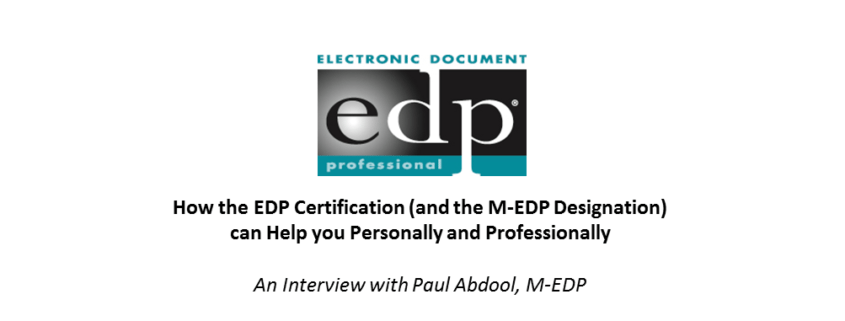AI is an enabler of Customer Communications Transformation and Modernization
This is part 2 of an interview with Steve Biancaniello, CEO of Messagepoint; read Part 1 here!
Artificial Intelligence has become a growing component of Customer Communications and the overall experience. Software vendors have started to integrate into their software offerings with some companies further along than others.
Messagepoint has taken a leadership role and has put AI front and center in their offerings, so I wanted to touch base with them and get their thoughts on the subject. What is AI, the value proposition, what should organizations be thinking about, and what recommendations our friends at Messagepoint have.
Steve Biancaniello, CEO of Messagepoint was kind enough to take the time to share some additional thoughts for this, part two of a two-part interview. Part one is available here
Skip: Some vendors are looking at applying AI to transformation initiatives. What have you seen in the market relating to modernization and transformation?
Steve: I think COVID-19 has kicked a lot of digitalization initiatives into high gear – the need to be digital but also do so in a way that customers demand. We are hearing from both direct customers and partners that organizations are looking to transform and modernize customer communications processes and systems. This has been a big challenge in our industry – it’s perceived as a risky venture requiring too much time, effort and money to tackle content silos and justify the ‘transformation’, and as a result, lots of companies are stuck in molasses. I liken it to having a “Communications debt” – because you didn’t invest in modernizing in increments along the way, you are left behind and it becomes this very large program that is daunting or perceived as too hard to do.
AI is helping to change that by enabling people to realize they have options here whether they want to optimize the content they have in their current system, optimize the content and migrate to a new system, or take action in whole or in parts based on a deeper awareness of the state of their content.
Skip: How can AI assist with transformation and modernization initiatives?
Steve: The biggest barrier that exists today is the traditional approach to content migration. The average enterprise migration takes 3 years and costs millions. These are averages from services organizations that are using scripts to assist with parts of the process, regardless of that help – it is costly and slow and prone to errors that come with manual processes. It often relies heavily on tribal knowledge and a shrinking pool of SMEs who understand the nuisances associated with the legacy content and platforms that house this content.
The story is the same whether you’re doing it yourself or leveraging a professional services firm – the process is highly manual and resource-intensive. No one will invest that time, or money to make the
transition, which is why these projects often get cancelled or pared down to a lift and shift. The problem is that optimization gets left behind and content that gets brought over is often riddled with problems – duplicates, variations of similar content, off-brand content, outdated regulatory content, content this is difficult to read and understand – essentially all the problems that were buried in the legacy system hampered by years of ineffective content management and sharing. For years people stalled these migration and transformation efforts because the technical debt was too steep to pay – Now AI makes it possible to address this technical debt and position organizations to be more much more intelligent and agile when curating content to improve customer experiences
We have introduced Rationalizer which leverages the Messagepoint Advanced Rationalization and Content Intelligence Engine, known as MARCIE. This engine automates and improves key processes relating to content migration to make the entire process fast, as AI accelerates the content management processes – such as automating ingestion, content comparisons, and analysis. It also makes it accurate – no more human error, similar content objects overlooked. It also makes content processing repeatable at scale to enable enterprise-scale migration and instantaneous help for content authors, no matter the size of the team. Lastly, it lowers risk, as it democratizes knowledge, so you aren’t relying on one central figure to continue on.
Skip: What does AI do specifically to change the process?
Steve: In the case of Rationalizer, it breaks the process down into 5 key steps.
First off is intelligent ingestion of content from Word, PDF, HTML, print streams, and CCM solutions. It ingests the content, breaks it apart into its pieces, and tags those pieces. Secondly is discovery, which reveals key findings about your content such as duplicate content, similar content, brand violations, reading level violations, and sentiment issues. Third, with a single click, you can consolidate duplicate or similar content objects. Fourth, optimization within the system revels opportunities to correct those issues relating to brand, reading levels, and sentiment. Finally, you can migrate to your modern communications management system.
Rationalizer, leveraging MARCIE drives significant benefits of substantial time and cost savings, increased accuracy, the ability to scale these content migration and transformation programs and the democratization of expert knowledge to reduce the risk of the move and position for more intelligent, agile content authoring experiences going forward.
Skip: What recommendations do you have for someone thinking of embarking on this type of transformational journey?
Steve: You need to set clearly defined goals and outcomes for your business. Is this just about technology modernization or do you want to improve the customer experience? That will determine what technologies and partners you select.
You also need to get the various stakeholders together early and on the same page early. If you are focused on the same goals and believe this type of transformation is tenable with AI-powered solutions, then you will get ‘unstuck’ together.
Don’t settle for a manual approach that will cost you unnecessary time and money. Some vendors are focused on leveraging offshore resources because that is their only option. AI tools exist today that can
have a dramatic impact on the process and the outcomes. Don’t think of optimization as a one-time event, as it’s ongoing. Look for a solution that will optimize your content and keep things optimized over time.
Finally, respect the pivotal role of content curators – look for solutions that offer intuitive, intelligent, instantaneous content authoring assistance while preserving the curators’ right to have it their way as needed.
Skip: Thank you once again, Steve any closing thoughts?
Steve: You are welcome and of course if anyone has any questions and/or would like more information they can feel free to visit www.messagepoint.com or email us at info@messagepoint.com or call us at 800-492-4103.
About Messagepoint
Messagepoint is a leading provider of customer communications management software. Only Messagepoint harnesses AI-powered Content Intelligence to automate and simplify the process of migrating, optimizing, authoring, and managing complex customer communications for non-technical (business) users. Our customers rely on our award-winning platform to consistently deliver exceptional, highly personalized customer communications across all platforms and channels. For more information, visit www.messagepoint.com.
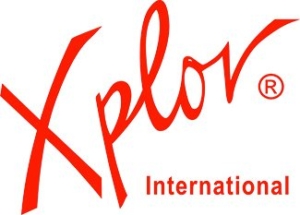
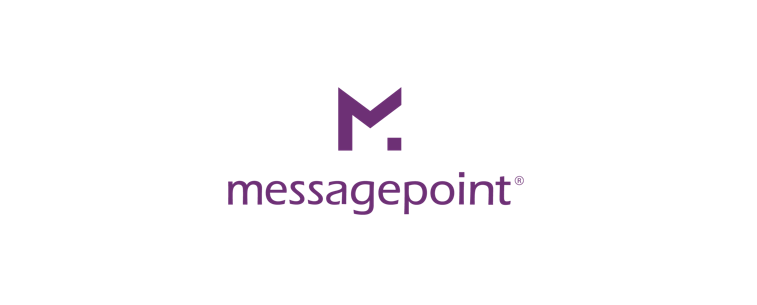
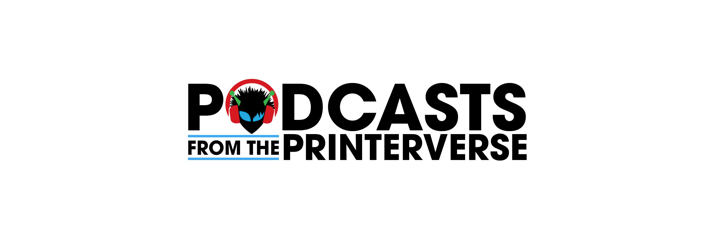

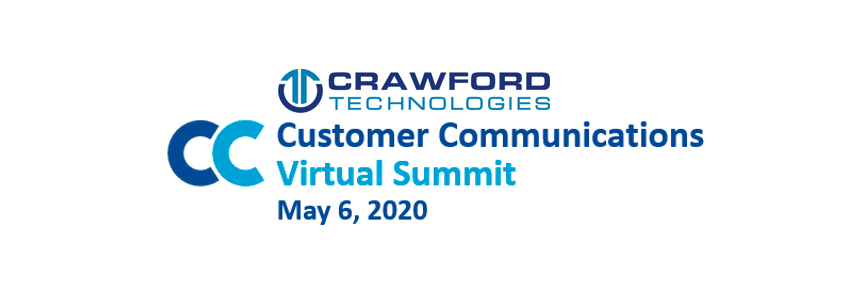
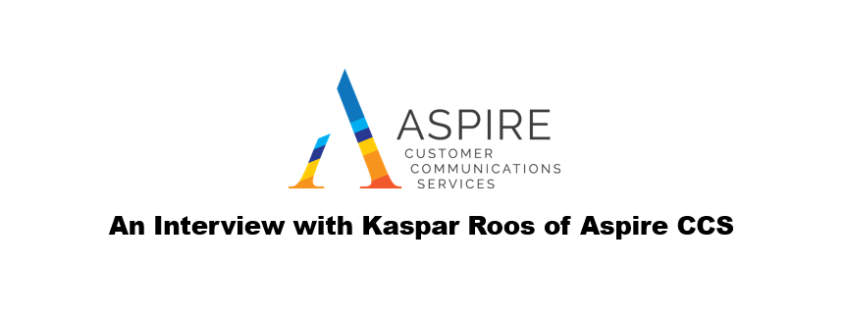


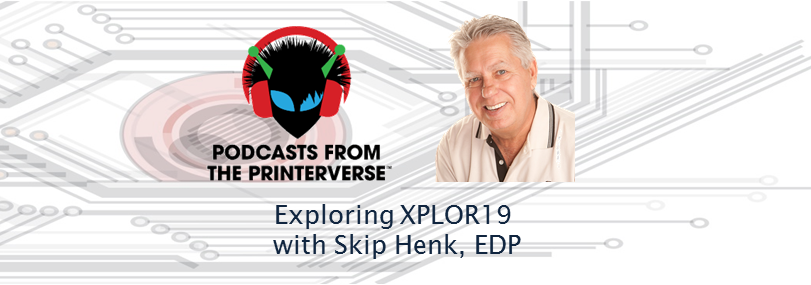

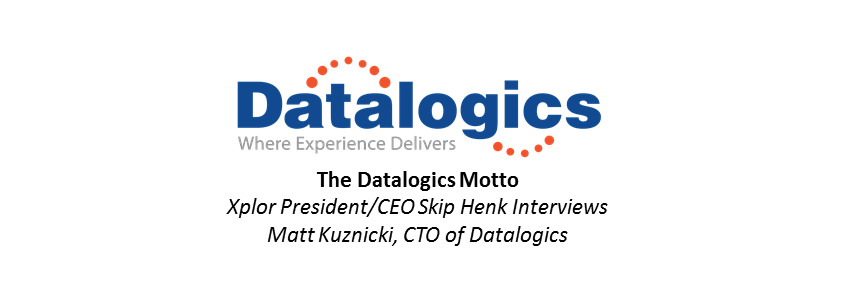
 Matt: Datalogics, Inc. is based in the great city of Chicago, and we are proud to be able to say that we have recently celebrated our 50th year in business. We consider ourselves the premier source for PDF and eBook technologies. We were founded in 1967 and started as a small independent software firm, in the era of reel tapes and punch cards. We’ve come a long way from those days, and now leverage tools like Agile and GitHub to keep up-to-date with new ideas in the IT community. Our primary goal when we first started, which still rings true today, has been to surpass our customer expectations by providing them with innovative features and new product updates to meet their needs.
Matt: Datalogics, Inc. is based in the great city of Chicago, and we are proud to be able to say that we have recently celebrated our 50th year in business. We consider ourselves the premier source for PDF and eBook technologies. We were founded in 1967 and started as a small independent software firm, in the era of reel tapes and punch cards. We’ve come a long way from those days, and now leverage tools like Agile and GitHub to keep up-to-date with new ideas in the IT community. Our primary goal when we first started, which still rings true today, has been to surpass our customer expectations by providing them with innovative features and new product updates to meet their needs.